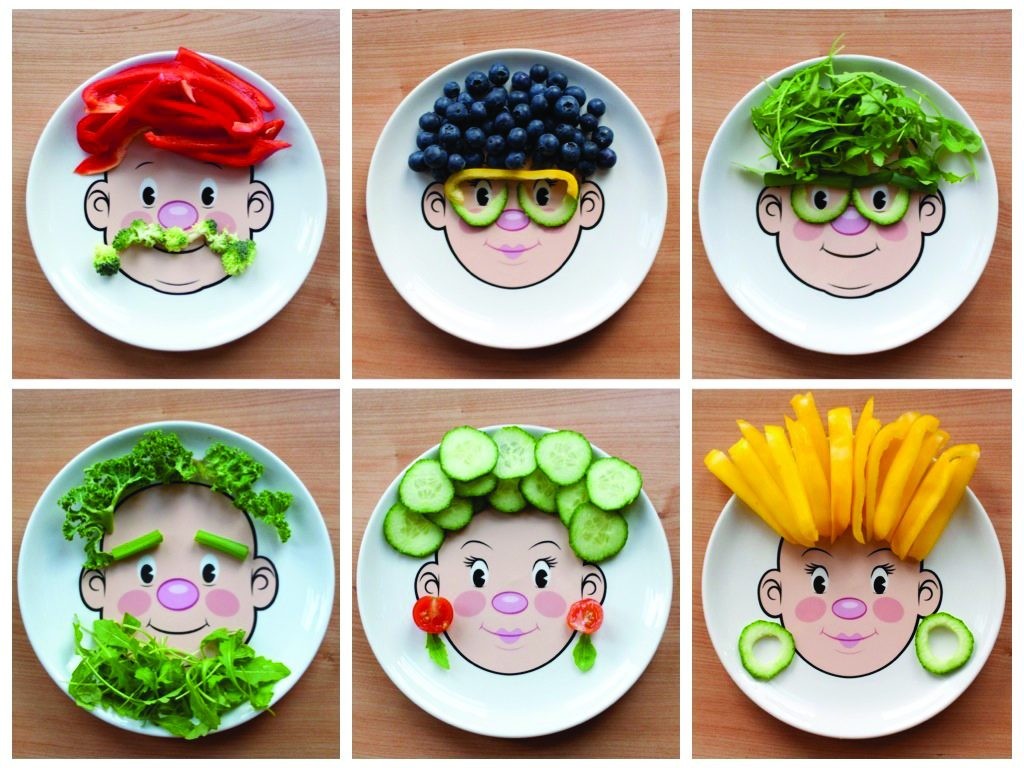What is the treatment?
When a child is born, the family of the child has to do their best to ensure his well-being and good health. While a part of this is composed of timely vaccinations and good living environments, the nutrition offered to the child also plays a major part. The first stage of offering nutrition to the child lies in breastfeeding for which the mother should be healthy too and produce adequate milk. This helps the child in deriving the maximum nutrients from breast milk, which consequently helps him to grow up to be a healthy child. However, the process of child nutrition does not stop at breastfeeding. It progresses on to weaning, which is the introduction of semi-solid and solid foods in a child's diet; and from then on it progresses to proper meals that are made up of healthy food items such as fresh fruits and vegetables and lean meats sans breast milk. The right nutrition can prevent the child from suffering due to a number of diseases. Diseases that are common among child due to poor nutrition and bad eating habits include malnutrition, diabetes, obesity, weak immunity, slow physical as wells as mental growth rate and host of other problems, some of which can prove to be life threatening. This is the reason why governments of nations all over the world place great emphasis on child nutrition and even have laws in place to ensure that children are exposed to basic nutritional requirements so that they grow up to be healthy individuals.
How is the treatment done?
Child nutrition is not a treatment as much as way of living to ensure the child leads a healthy life. The right diet can help a child greatly in growing and learning quickly. It can also help prevent all kinds of diseases, which act as obstacles in their development. To make sure their child's diet is healthy parents should give their children nutritious and home-cooked meals once they're off the breast. Every meal given to a child should be composed of a portion of fresh fruits and vegetables. Moreover, parents should make sure that their child's diet is inclusive of healthy sources of protein such as nuts, eggs, pulses, soy and lean meat. When giving them breakfast, parents should choose whole-grain cereals and breads instead of those made of flour as whole-grain food items are a rich source of fiber, which keeps the stomach full and helps control junk food craving. The quantity of refined grains should be reduced in a child's diet as it can have adverse effects on their health. Moreover, fried foods should be avoided to the extent possible and while cooking meals, parents should made sure veggies and meats are not fried but rather broiled, steamed or grilled. This helps preserve the nutrients in foods so that the child can get maximum nutrition from his meals. Junk food should be given to children in very limited quantities and instead healthy snacks should be offered. Parents should also give their children milk or fresh fruit juices instead of sodas and cold drinks. Besides monitoring what the child eats, another thing parents need to do is offer their child meals on the right time and regularly so that they can keep healthy.
Who is eligible for the treatment? (When is the treatment done?)
Every single child is eligible for and has the right to proper nutrition without any exceptions. So there's no eligibility criteria for child nutrition.
Who is not eligible for the treatment?
Since childhood is the stage where food allergies develop, parents should make sure that their child is not exposed to allergy causing food items. Moreover, in certain cases, a child may need a special diet in order to combat or minimize the effects of a particular disease. In such cases, parents should consult their doctor to know what should be a part of their diet.
Are there any side effects?
Side effects are non-existent when it comes to child nutrition. In fact, there are only benefits to reap. However, as mentioned before, those foods should be avoided which the child is allergic to even if they fall into the category of healthy food items.
What are the post-treatment guidelines?
In case the child was advised a special diet to help cure a disease, parents should not discontinue this diet all of a sudden after the child feels well. Having a nutritious diet is a life-long thing. Hence, the only guideline here is that parents should ensure their child always eats healthy.
How long does it take to recover?
Since child nutrition is not a treatment method to be precise, there's no recovery period. However, if a special diet has been prescribed by the doctor to mitigate the effects of a disease, the recovery period of the disease may vary depending on what it is.
Are the results of the treatment permanent?
Child nutrition is important for the child's health and well-being and can even prevent a number of diseases. In that way, it can be said the results are permanent. However, certain diseases can still occur despite following the right diet.
What are the alternatives to the treatment?
There's no alternative to child nutrition; and eating the right foods is a must. However, if a child is allergic to a particular source of a particular nutrient, for example if he is lactose intolerant, then supplements can be given to meet the daily nutrient requirement. However, this should only be done in consultation with a doctor.



